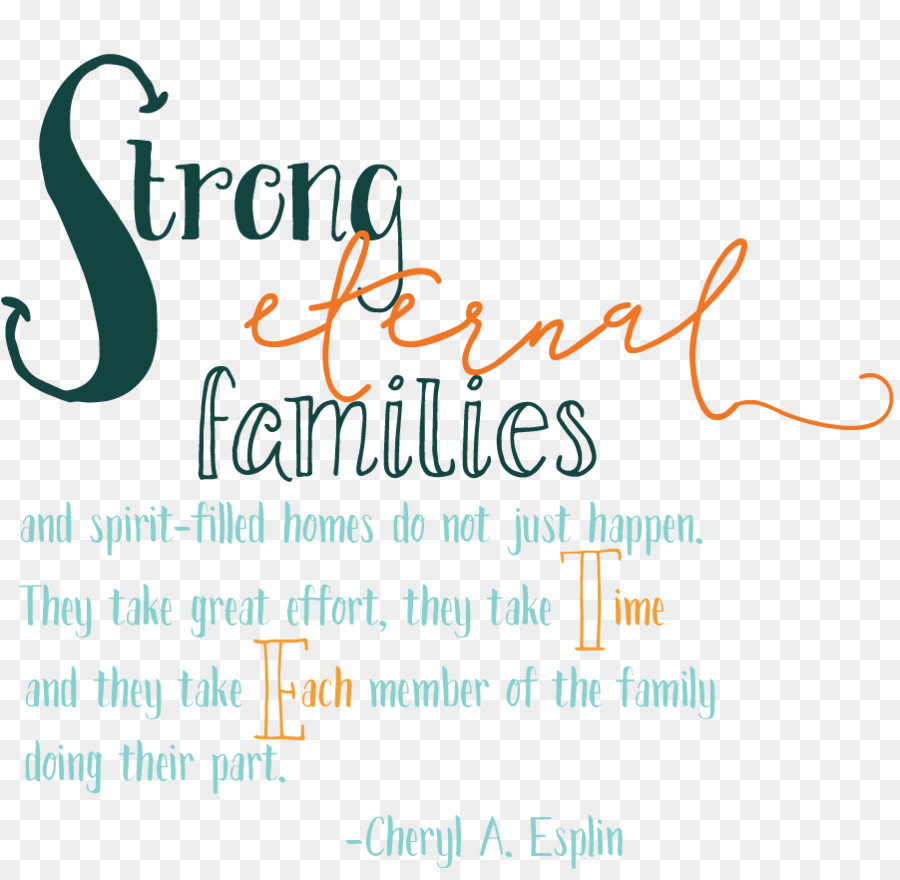Conflict in marriage is common, even
for those who are happily married. When two people with different backgrounds,
expectations, goals, habits, and personalities get together, there will be
conflict. In the book, The Seven Principles
for Making Marriage Work, John M. Gottman, PhD, states that every marriage
has problems. He discusses two types of problems; perpetual (problems that will
be with you all of your life) and solvable. According to Gottman, 69
percent of marital problems are perpetual (Gottman, 2015).
Keep problems in their place!
How do couples deal with these problems effectively? Gottman tells us
that couples who deal with problems have, “learned to keep [the problems] in
their place and approach them with a sense of humor” (Gottman, 2015, p. 135). I
know for a fact that having a sense of humor will soften a tense moment.
Counting to ten, while taking a deep breath before speaking, also helps!
Andy and I
are happily married, but, like other married couples, we have problems. One of
our perpetual problems is; I am frugal with money, and Andy is an impulse buyer.
We have had money concerns throughout our marriage, especially when we
were raising our children, so I have tried hard to keep our finances under
control. We have joked that if it was up to me, we would live in a
cardboard box; but the cardboard would have to be on sale, and I would need to
purchase it with a coupon. Following is an example of our
differences. In 1991, our oldest daughters were in their high school’s
marching band. They performed their award-winning musical number during
halftime at the homecoming football game. I wanted to watch them perform,
but it cost $7.00 to get in. Instead of paying the admission fee, I volunteered
to work at the concession stand. Andy volunteered to stay home with the six
youngest children. I stood for almost two hours in the cold that night,
handing out hot dogs and drinks so I could watch my daughters. After the
game, I went home and discovered that while I was working to save $7.00, Andy
bought a new, $300 VCR! We laugh about it now, but at the
time, I was NOT laughing. He returned it the next day.
Marriage can thrive despite our differences.
Though this
event happened years ago, the “problem” still continues, but we can joke about
it and avoid a major conflict. Our
marriage thrives in spite of our differences. It’s a good thing I am not like
Andy and he is not like me with finances, otherwise we would really be in
trouble! Gottman discusses in his book
that it’s OK if we don’t resolve every marriage conflict. He states, “Despite what many therapists will
tell you, you don’t have to resolve your major marital conflicts for your
marriage to thrive” (Gottman, 2015).
Forgiveness
In marriage, we need to give and
take, forgive and repent, and love and be loved. When past differences are
brought up, and held over one’s head, we become entrenched in conflict. We need
to forgive one another and carry on. In the book, The Seven Principles for Making Marriage Work, John M. Gottman,
PhD, talks about the benefits of forgiveness in marriage.
For a marriage to go forward happily, you need to pardon
each other and give up on past resentments. This can be hard to do, but it is
well worth it. When you forgive your spouse, you both benefit. Bitterness is a
heavy burden. As Shakespeare wrote in The
Merchant of Venice, mercy is twice blessed.
It blesses him that gives and him that takes. (2015 p. 159)
In Ephesians, Paul tells us, “And be
ye kind one to another, tenderhearted, forgiving one another, even as God for
Christ’s sake hath forgiven you.” (Ephesians 4:32) If we follow this
advice, our marriage will be blessed with love, acceptance, and happiness.

References
Gottman, J. M. (2015) The seven
principles for making marriages work, New York: Harmony Books

No comments:
Post a Comment